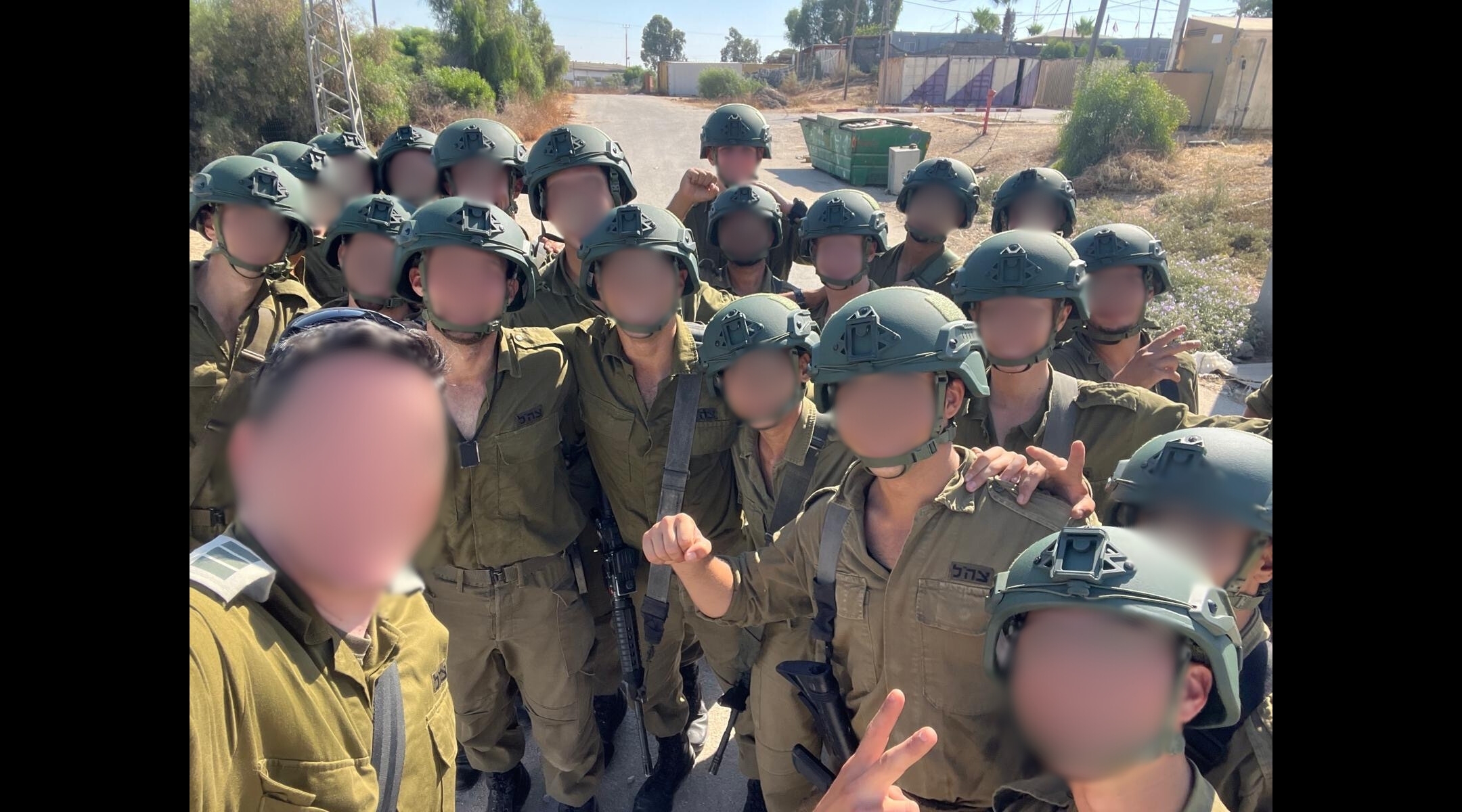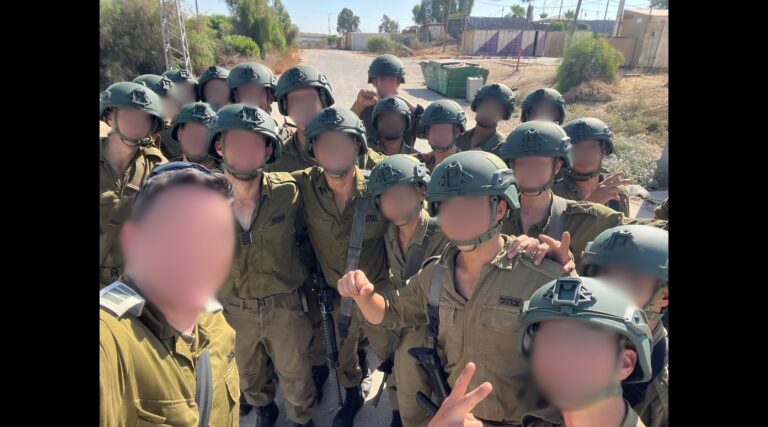
Israeli Military Cracks Down on Unauthorized Donations for Soldiers
For almost a year, American Jews have been sending donations to Israel to support soldiers fighting in Gaza, despite the Israel Defense Forces claiming they are not needed. Now, the Israeli military is taking action against these unauthorized donations, potentially leading to a confrontation with some of its most generous supporters.
Tamar Yadai, the general commanding Israel’s ground forces, has issued a memo calling for strict enforcement and severe punishment to curb the flow of unauthorized donations. The memo states that even donations from soldiers’ parents will face consequences, as they go against the values of the Israel Defense Forces.
The crackdown aims to prevent soldiers from using substandard equipment in battle, although the nonprofits providing donations assure that their supplies meet high-quality standards and technical requirements. They argue that the real risk to soldiers comes from outdated gear issued by the military itself.
Unit 11741, an American initiative supporting Israeli soldiers, has vowed to cover legal expenses for soldiers impacted by Yadai’s crackdown, emphasizing their commitment to ensuring soldiers have the necessary equipment.
The rift between the Israeli military and donors reflects a growing divide, with donors questioning the military’s stance on equipment shortages and the safety of soldiers. This has led to instances of illegal activity, such as smuggling donated gear into Israel to bypass restrictions.
Despite the challenges, donors continue to support Israeli soldiers by vetting requests, reviewing technical specifications, and monitoring the delivery of donated gear. However, the Israeli government’s tightened restrictions on equipment donations have made it increasingly difficult for nonprofits to provide support.
The situation has raised questions about the role of charities in supplying combat equipment and the state’s ability to meet military needs. Some see the donations as a response to a state under stress, while others believe the state’s regulations are necessary for border security and economic protection.
Donors like Jonathan Greenwald, who compares their efforts to those of American Jews in 1948, emphasize the urgency of supporting soldiers during times of conflict. Despite facing obstacles, they remain committed to providing essential equipment to those in need.

